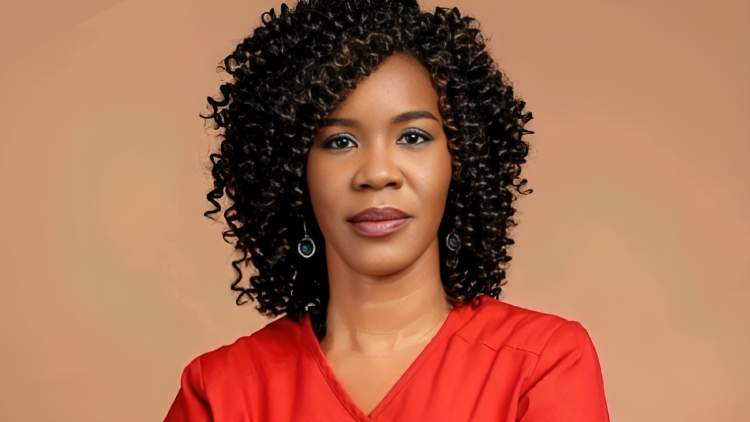Miriam Mutebi shared a post on LinkedIn:
“Chemotherapy, a vital cancer treatment option, offers hope to millions, yet its journey across the continent is complex and fraught with obstacles.
Chemotherapy works by targeting rapidly dividing cancer cells, either to combat the disease or to ease symptoms caused by tumors.
However chemotherapy is often misunderstood. One common misconception is that chemo kills.
Just yesterday, a patient came to me, concerned because she’d been told that chemotherapy would kill her. This misconception can be devastating, discouraging patients from seeking life-saving treatment.
The reality is, chemotherapy doesn’t kill; it’s a crucial part of the treatment process.
While it can cause side effects, most treatments are well-tolerated.
The idea that side effects are so severe that one cannot go about daily activities is largely a myth.
In fact, many people continue working and living their lives throughout treatment.
When severe side effects do occur, they typically prompt a change in therapy to better suit the patient’s needs.
Another myth is chemotherapy alone can cure solid tumors.
In reality, it’s usually part of a broader treatment plan that may also include surgery, radiation, and other therapies.
For many solid tumors, chemotherapy can reduce their size or slow their growth, but surgical removal is often necessary for a complete cure.
Access is another significant hurdle. The cost of treatment, availability of drugs, and the infrastructure needed to administer chemotherapy vary widely, leading to stark disparities in care.
Many chemotherapy agents are quite expensive, and stockouts—where drugs are only sporadically available—can disrupt treatment, leading to out-of-pocket expenses to complete therapy. Patients often travel long distances for treatment, adding further strain to already vulnerable populations.
The shortage of specialized medical professionals, such as oncologists and oncology nurses, compounds these difficulties.
In some areas, chemotherapy might be administered by healthcare providers with limited training, increasing the risk of complications and reducing treatment effectiveness.
Additionally, the regulation and quality of chemotherapy drugs remain concerns, as does the availability of a trained workforce to safely administer these treatments.
To this end, the AORTIC- Africa Medical Oncology Special Interest Group has developed a community of practice to share knowledge & collaborate on improving cancer care.
Strategies to reduce costs, such as pooled procurement through initiatives like the Clinton Health Access Initiative, Inc. are essential.
Others like ChemoSafe organized by the American Cancer Society, in collaboration with the African Cancer Coalition, train health workers in the safe preparation and delivery of cancer medications.
Increasing access to essential medicines, improving infrastructure, dispelling myths about treatment, and investing in the training of healthcare professionals are all critical steps.”
Source: Miriam Mutebi/LinkedIn
Miriam Mutebi is a Breast Surgical Oncologist and Assistant Professor in the Department of Surgery at the Aga Khan University Hospital in Nairobi, Kenya. She is the President of the African Organization for Research and Training in Cancer (AORTIC), and past president for Kenya Society of Hematology and Oncology (KESHO) and on the Board of Directors of the Union for International Cancer Control (UICC).
She is the co-founder of the Pan African Women’s Association of Surgeons and is part of the Kenya Association of Women Surgeons. She is an avid supporter for the education and support for women, especially in surgery and she aims to provide mentorship for women in surgery and to improve women’s health and surgical care in Africa. She is currently pursuing a pilot’s license in order to extend breast care services to marginalized areas.



